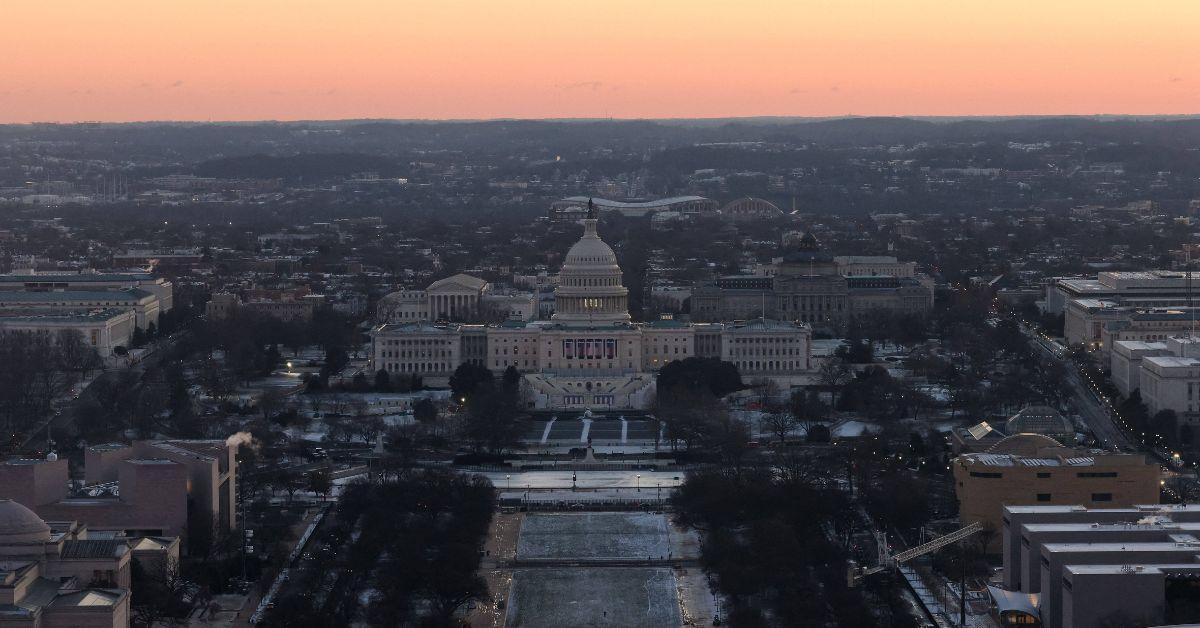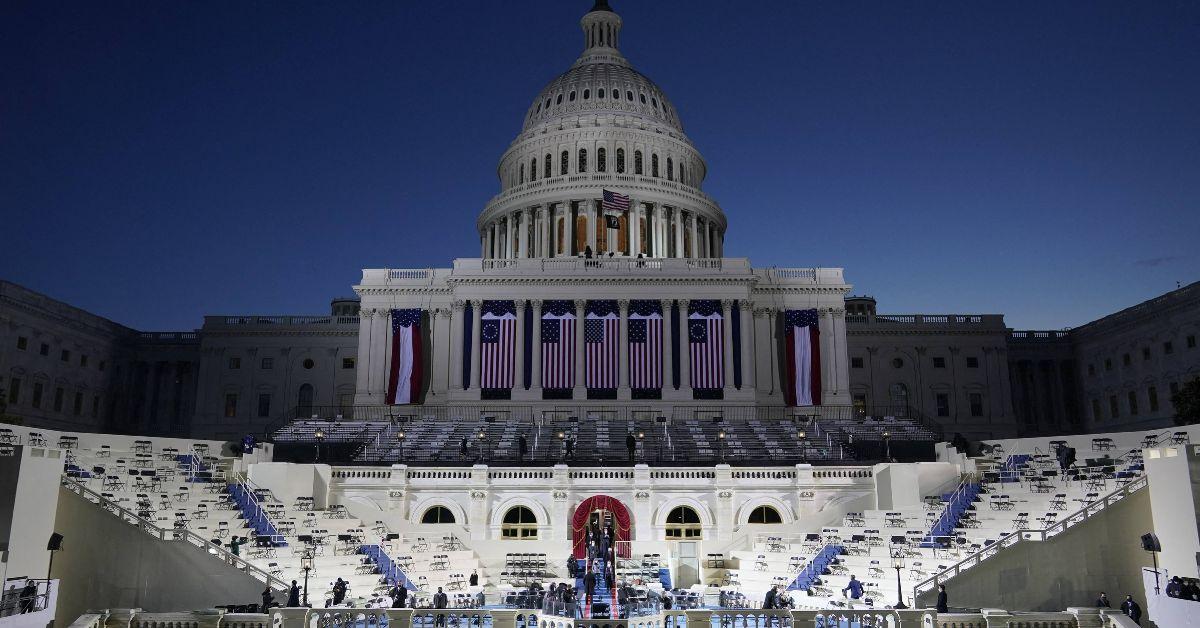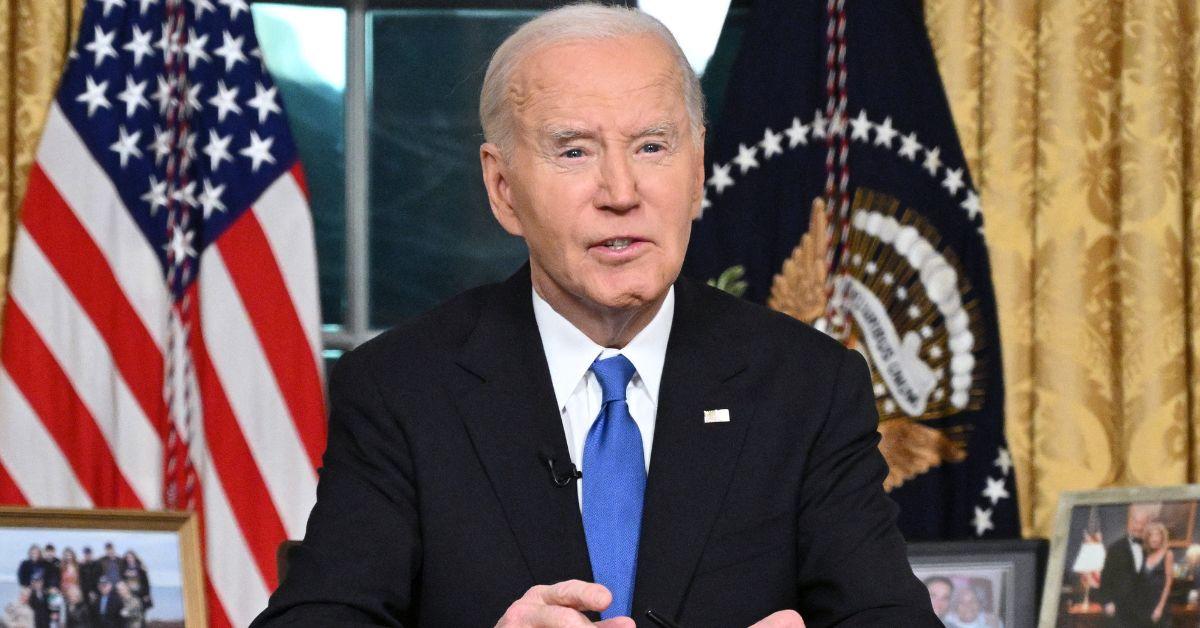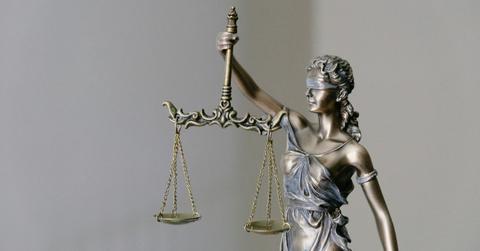Preemptive Pardons: Are They Legal, and How Have Presidents Used Them in History?
Preemptive pardons: a controversial presidential power with a history of sparking debates and reshaping justice.
Published Jan. 20 2025, 10:32 a.m. ET
Presidential pardons are always a hot topic, especially when the term “preemptive pardon” enters the conversation. But what exactly is a preemptive pardon, and is it even legal? The idea of pardoning someone before they’ve been convicted of a crime may sound like something out of a political thriller, but it’s very much a real concept that’s been used throughout history.
So, are preemptive pardons legal? Let’s dig into the details, learn how they work, and explore some of the most notable examples, including recent ones from the Biden administration in 2025.

Are preemptive pardons legal? Here’s how they work.
Yes, preemptive pardons are legal in the United States, and they fall under the broad powers granted to the president by Article II, Section 2 of the Constitution. A preemptive pardon is a pardon issued before any charges, convictions, or sentences have occurred. Essentially, it’s a way to shield someone from potential legal trouble before it even begins.
The purpose of a preemptive pardon is to protect individuals from prosecution for crimes they may have committed. These pardons are often used in politically charged situations or when a president believes someone acted in good faith, even if their actions were legally questionable.
The legality of preemptive pardons was upheld by the Supreme Court in the 1866 case Ex parte Garland, which ruled that the president’s pardon power is absolute and can be issued at any time, including before formal charges are brought. This means a president can issue a pardon as a preventive measure, though it’s often met with public scrutiny.

Preemptive pardons have shaped history in surprising and controversial ways.
Preemptive pardons have made headlines several times in U.S. history. One of the most famous examples is Gerald Ford’s 1974 pardon of Richard Nixon. Nixon had not been charged with any crimes related to the Watergate scandal, but Ford issued the pardon to prevent a lengthy legal battle and allow the nation to move forward.
Another example is President Jimmy Carter’s blanket pardon of Vietnam War draft evaders in 1977. While this wasn’t a traditional preemptive pardon for specific individuals, it functioned similarly by excusing a group of people from prosecution.
In 2025, The New York Times reported that the Biden administration stirred debate when preemptive pardons were issued to several political allies and government officials. Among his pardons were General Mark A. Milley (former chairman of the Joint Chiefs of Staff); Dr. Anthony Fauci (government scientist); Liz Cheney; and all members of the bipartisan House committee that investigated the Capitol incident on Jan. 6, 2021.

So, are preemptive pardons legal? Absolutely. While they may seem unusual or even controversial, they’re firmly rooted in the Constitution and have been upheld by the courts. Presidents have used this power sparingly but strategically throughout history, often to avoid politically explosive legal battles.
Whether seen as an act of mercy or a political tool, preemptive pardons remain one of the most fascinating (and debated) parts of the presidential toolkit. Love them or hate them, they’re here to stay, ensuring no shortage of headlines whenever they’re used.
